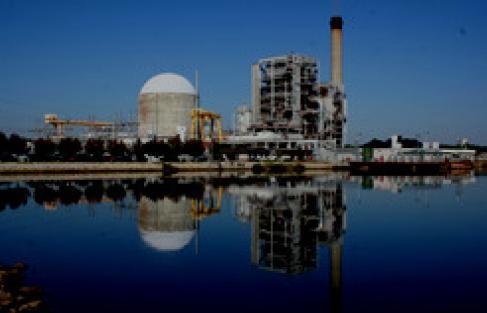
In the December 30 Federal Register, the Nuclear Regulatory Commission (NRC) granted the HB Robinson nuclear plant in South Carolina yet another exemption from NRC’s post-9/11 security requirements, which are meant to enhance security of U.S. nuclear plants against a terrorist attack that could cause an American Chernobyl.
The rules went into effect in March 2009, and all U.S. plants were given one year to implement them. Many plants asked for exemptions from the implementation deadline, including Robinson. But even though the NRC granted it a nine-month extension, it still wasn’t enough, and Robinson has received yet another nine-month extension to complete all the security upgrades, until September 16, 2011. This means that even on the 10-year anniversary of the September 11 attacks Robinson still will not be in full compliance with security regulations intended to address the al-Qaida threat to domestic infrastructure.
The excuses for the delay given by Robinson’s owner, Carolina Power & Light, include a claim that the security upgrades require physical modifications to the infrastructure that turned out to be more complex than they originally thought.
However, we note that the chairman of the NRC, Gregory Jaczko, said in a public meeting last year that the new security rule “was not a surprise” and that he thought the delays were due largely to the utilities’ reluctance “to move forward with changes that were likely going to come because they didn’t want to spend the money and hoping they would get change and they didn’t.”
That is, the utilities were hoping to undermine the regulations rather than implement them.
